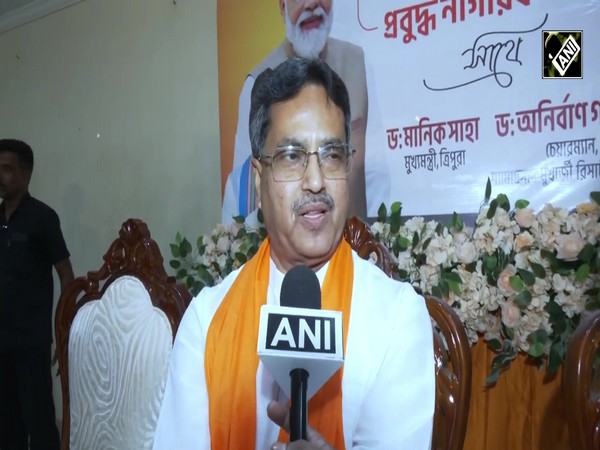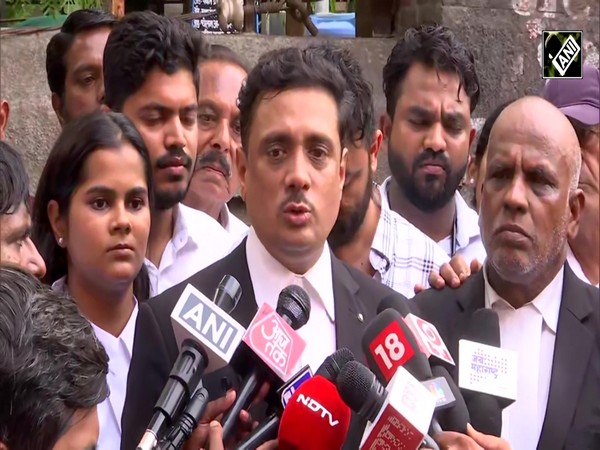Only seven women among 126 superior court judges in Pakistan: Report
Mar 30, 2024

Islamabad [Pakistan], March 30 : There are only seven women among 126 superior court judges in Pakistan, a report has found, according to Pakistani daily Dawn.
A recent report by the Law and Justice Commission of Pakistan (LJCP) has disclosed that among the 126 judges in Pakistan's superior judiciary, merely seven are female, Dawn reported.
The report, titled Women in the Justice Sector, aims to report the statistics of women working in Pakistan's judicial sector, highlighting judges, lawyers, prosecutors and other personnel, read an LJCP press release on Friday, as per Dawn.
According to the report, there are presently 3,142 judges and judicial officers serving throughout the country. Of this figure, 2,570 are male, while 572 are female, accounting for 18 per cent of the total workforce.
According to Dawn, within the upper tier of the judiciary, encompassing the Supreme Court of Pakistan, the Federal Shariat Court, and the five high courts, there are currently 126 judges. Only seven of these judges are female, with male judges dominating the field at 119.
Consequently, female judges represent a mere 5.5 per cent of the total judicial workforce at the upper tier.
Panellists at a session of the Asma Jahangir Conference, entitled 'Mainstreaming Gender Equality in the Judiciary,' expressed their opinions on the status of women in Pakistan's judiciary at a local hotel in Lahore in 2021.
Women's poor representation in Pakistan's judiciary, especially in the higher tiers, is a reflection of their overall treatment in society and the issue could be addressed through an assertive action that requires a strong will to address it at all levels, the panellists concluded.
The panelists concluded that the poor representation of women in Pakistan's judiciary, particularly in the higher tiers, mirrors their overall treatment within society and the issue could be addressed through an assertive action that requires a strong will to address it at all levels.
International Commission of Jurists' legal adviser for South Asia Reema Omer said women's near absence in the judiciary was a crisis for the country's democracy as well. She said it was an issue of a particular mindset that there were no women judges in the higher judiciary.
"The Supreme Court boasts only two female judges compared to the other 12 male judges," the report said.
Three female judges are active in the Sindh High Court. Meanwhile, there are no female judges in the Federal Shariat Court, Peshawar High Court or the High Court of Balochistan.
The report also highlights a similar trend at the district judiciary level, where out of a total of 3,016 active staff, only 565 are female lawyers, constituting less than a fifth of the total workforce.
Furthermore, the report highlighted a total of 230,879 lawyers enrolled with different provincial bar associations across the country. Of this number, 198,100 lawyers are men, while 40,000 are female.
"The report highlights the significant contributions of women in the justice sector of the country but also points out that their representation is not proportional to their share of the overall population," the report stated.
"It is recommended that the government and other relevant stakeholders take steps to encourage the inclusion of more women in the justice sector."



















